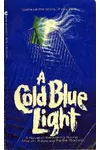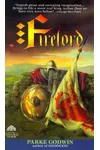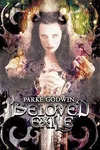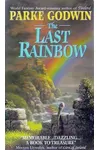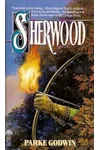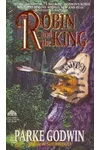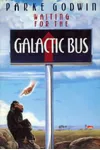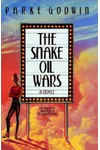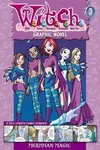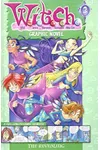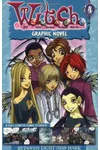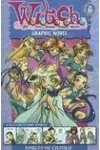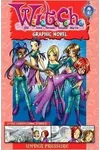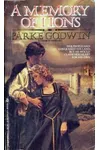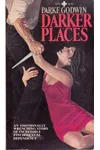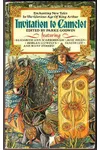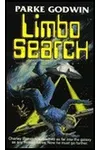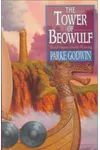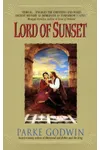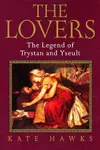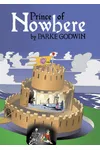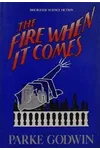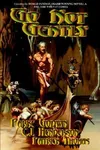Picture a New York storyteller who spun Arthurian legends and Robin Hood tales into gritty, lyrical masterpieces—meet Parke Godwin! Born in 1929, this World Fantasy Award winner blended historical realism with fantastical flair, crafting novels that feel like a fireside chat with history’s greatest heroes. From dishwashing to writing bestselling fantasy, Godwin’s life was as colorful as his prose.
With a knack for reimagining iconic figures, Godwin brought King Arthur and Robin Hood to life in ways that felt raw, human, and timeless. His unique voice—sardonic yet poetic—made him a hidden gem in the fantasy world, and his stories still captivate readers today.
The Making of Parke Godwin
Born on January 28, 1929, in New York City, Parke Godwin grew up steeped in the city’s vibrant energy. The grandson of Harry Post Godwin, he inherited a flair for the dramatic, which later colored his storytelling. Before picking up the pen, Godwin wore many hats: Korean War radio operator, stage actor, advertising man, dishwasher, and even maitre d’hotel. These eclectic experiences gave him a deep well of human insight, shaping characters that leap off the page. It wasn’t until his 40s that he published his first novel, Darker Places (1973), launching a literary career that would redefine historical fantasy.
Parke Godwin’s Unforgettable Stories
Godwin’s signature was blending myth with gritty historical settings, delivered in prose that sang with lyricism and wit. His Firelord series—Firelord (1980), Beloved Exile (1984), and The Last Rainbow (1985)—reimagines the Arthurian legend in the 5th-century collapse of the Roman Empire. In Firelord, Arthur is a flawed yet inspiring leader, while Beloved Exile follows Guenevere’s fierce struggle after his death, earning praise for its complex character study. Critics lauded Godwin’s Guenevere as a brilliant, multifaceted queen, far from the traditional damsel.
Equally compelling is his Robin Hood duology, Sherwood (1991) and Robin and the King (1993), set during the Norman Conquest. By placing Robin in the 11th century, Godwin crafted a grounded, nuanced hero—a Saxon thane resisting William the Conqueror’s rule. His sci-fi satires, Waiting for the Galactic Bus (1988) and The Snake Oil Wars (1989), showcase his humor, poking fun at American pop culture and religion. Godwin’s short story “The Fire When It Comes” won the 1982 World Fantasy Award, and his tale “Influencing the Hell out of Time and Teresa Golowitz” inspired a Twilight Zone episode.
His style, influenced by John Steinbeck and Dylan Thomas, balanced poetic precision with sardonic humor. Whether writing fantasy, sci-fi, or horror (like A Cold Blue Light with Marvin Kaye), Godwin’s stories felt intimate, as if he were sharing secrets from another era.
Why Parke Godwin Matters
Parke Godwin’s work carved a niche in historical fantasy, proving myths could be both epic and deeply human. His reimagining of legends inspired authors like Michael Livingston, who called him a “neglected master.” Despite his relative obscurity, Godwin’s lyrical prose and bold storytelling earned him a devoted following and a 2011 World Fantasy Con Guest of Honor nod. His ability to weave history and myth continues to influence fantasy writers, and plans to reissue his works signal a renewed appreciation for his legacy.
About Parke Godwin
- Born: January 28, 1929, New York City
- Died: June 19, 2013, Auburn, California
- Key Works: Firelord, Sherwood, Waiting for the Galactic Bus
- Awards: 1982 World Fantasy Award for “The Fire When It Comes”
Snag Firelord or Sherwood and dive into Parke Godwin’s spellbinding blend of history and fantasy—you’ll wish you’d discovered him sooner!
